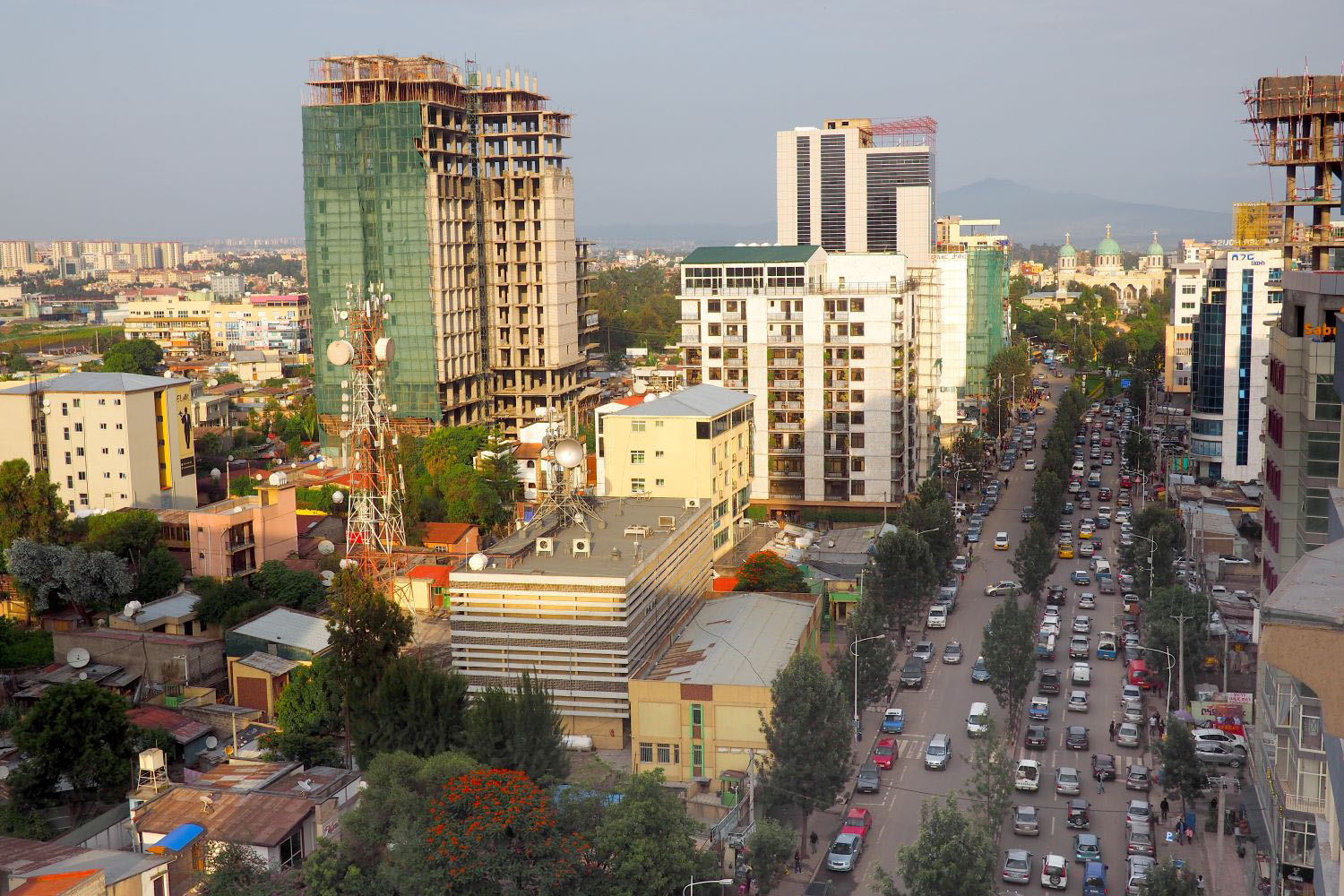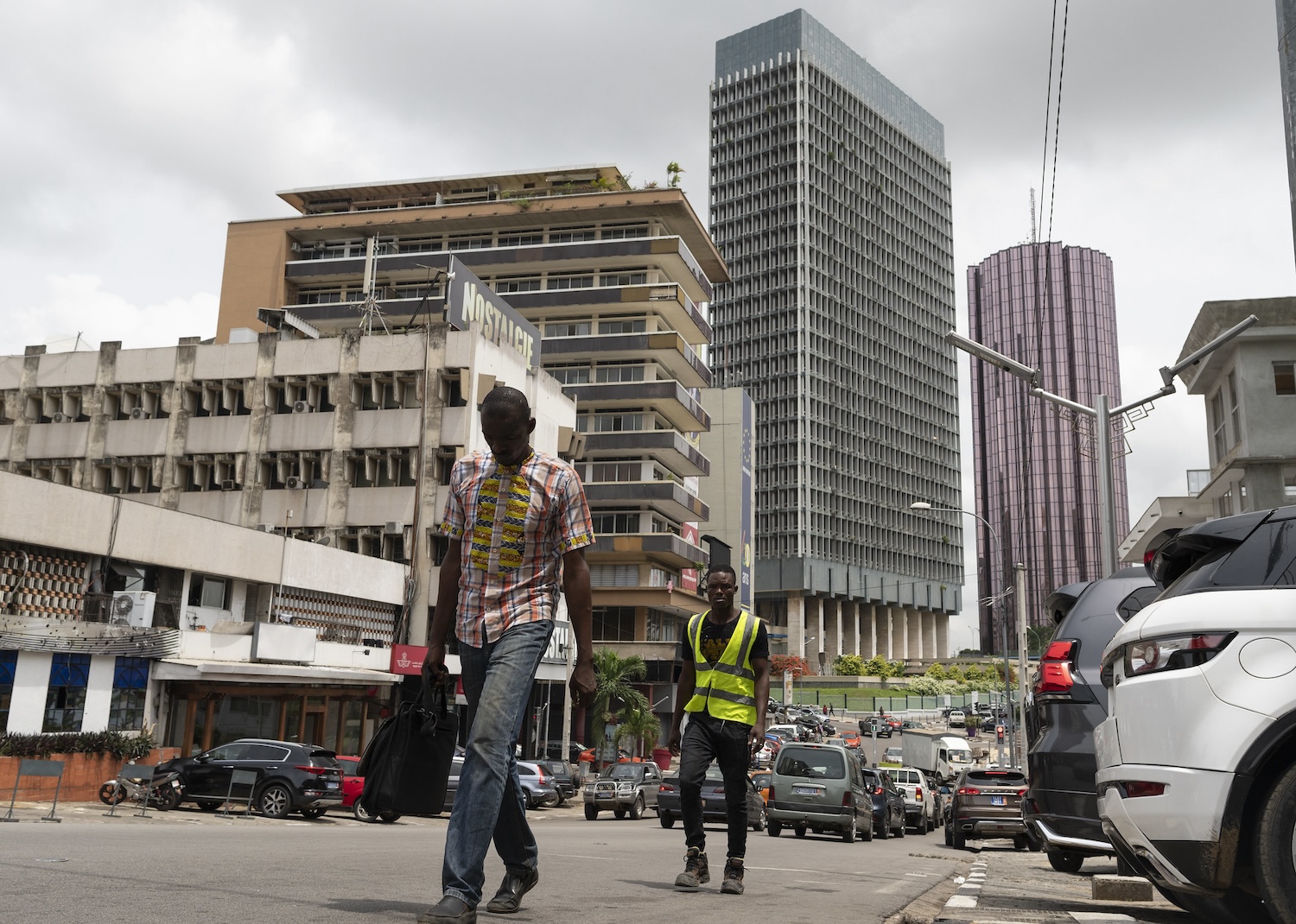This is a joint post with Wren Elhai.What everyone was expecting is
now official. On July 9
th, South Sudan will become the world’s newest country. But while the date is certain, there are still plenty of details to be worked out. There is no deal as of yet on sharing Sudan’s oil wealth, or on its nearly $40 billion in external debt. Successful resolution of the debt issue acceptable to both north and south and the international community is crucial to the success of the new nation and to avoiding a resumption of the long and bloody civil war.No matter who gets the debt (note that my colleague Ben Leo’s
analysis suggests that nearly any reasonable division leaves Khartoum—but not necessarily South Sudan—with an unsustainable debt burden) the cries are
already echoing for lenders to offer both countries debt forgiveness. CGD has made important contributions to debt relief in our first years, starting with our first publication (which I co-authored with John Williamson) called
Delivering on Debt Relief. Subsequent work by my colleagues on
Nigeria and
Liberia helped to open the way for historic debt deals for both countries. I’m hopeful that Ben’s work will play a similar catalytic role in forging a deal for North and South Sudan.That said, the devil is in the details, and there are important issues to be considered that are unique to Sudan. Not long ago, I had the opportunity to write the foreword for
a new book on debt relief by
Marco Arnone and
Andrea Presbitero. If you are interested in diving deeply into this issue, it’s an important read. They did a good job of throwing cold water on some common hype surrounding debt relief. Three issues they discuss are worth raising in the context of Sudan.
- Will debt relief actually lead to more spending on public services? Presbitero and Arnone find in the past it has done so only in states with effective governments. On the other hand, they write, “Debt relief granted to irresponsible governments is at best ineffective and possibly a danger….” If the resolution leaves Khartoum (ruled by an autocrat who is dealing with his own Tunis/Cairo style unrest) with high levels of debt, will lenders heed this warning? This is tricky territory. Perhaps the desire to prevent the North from instigating renewed conflict legitimately trumps what the economic analysis tells us is sound development practice. Better a bad bail out than a renewed war? If that’s the case, policy makers should proceed with their eyes wide open.
- Will the debt reduction be big enough – or will donors exaggerate the amount of post-deal debt that is sustainable? Will official lenders pile on new loans, without attention to domestic and commercial borrowing that in other countries increased rapidly after official debt reduction?? (Arnone and Presbitero focus in particular on the growing burden of domestic debt in HIPC countries.) Last year, Ben Leo noticed that the IMF has been running its own stop signs on lending to poor countries (and he wrote a paper warning of the risks this practice poses).
- What ultimately matters is the fiscal burden of debt service. I hope donors, as I have suggested (and see point #1 in the short version here) will consider reducing current debt enough to ensure subsequent debt service payments are no greater than, say, 2% of GDP. That would be a way to keep Sudan from buckling under the weight of its debt without letting it off the hook entirely.
Certainly, access to credit is a necessary and fundamental source of funding for development investments. If South Sudan
overcomes the worrying track record of resource dependent, landlocked countries to start growing, a modest amount of new debt is likely to be part of the reason why. But while a debt deal is crucial to sustaining the peace, that necessity shouldn’t be taken as an excuse to give the borrowing-lending-debt relief carousel another spin.
CGD blog posts reflect the views of the authors, drawing on prior research and experience in their areas of expertise.
CGD is a nonpartisan, independent organization and does not take institutional positions.





